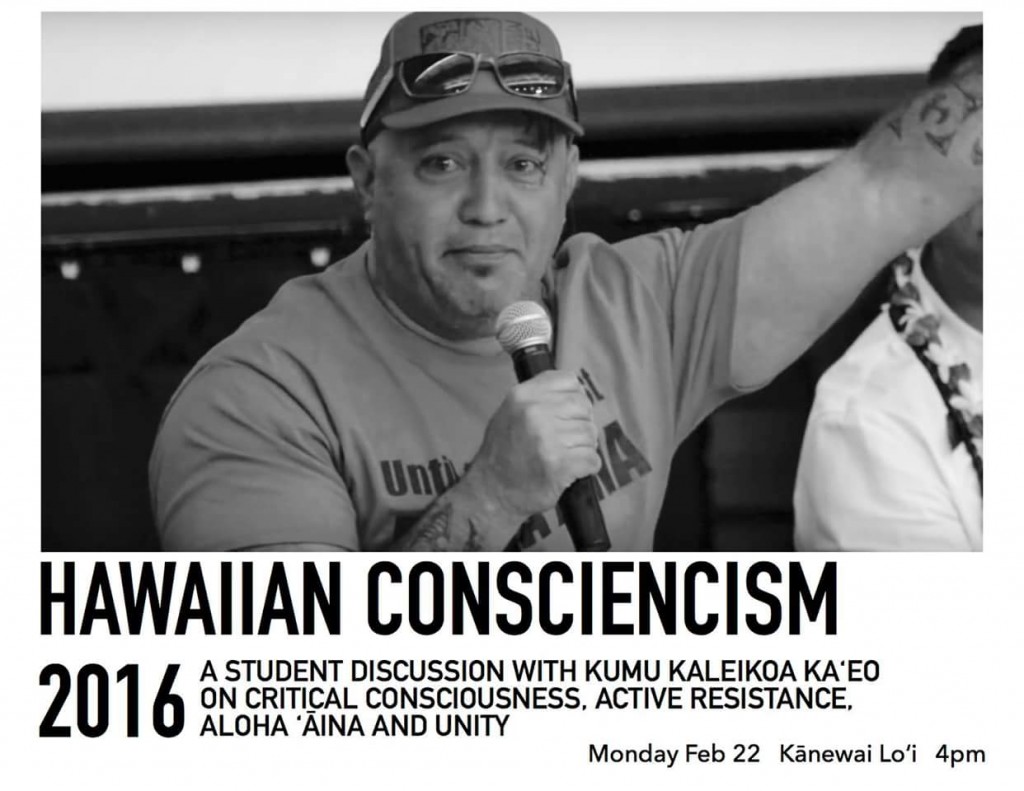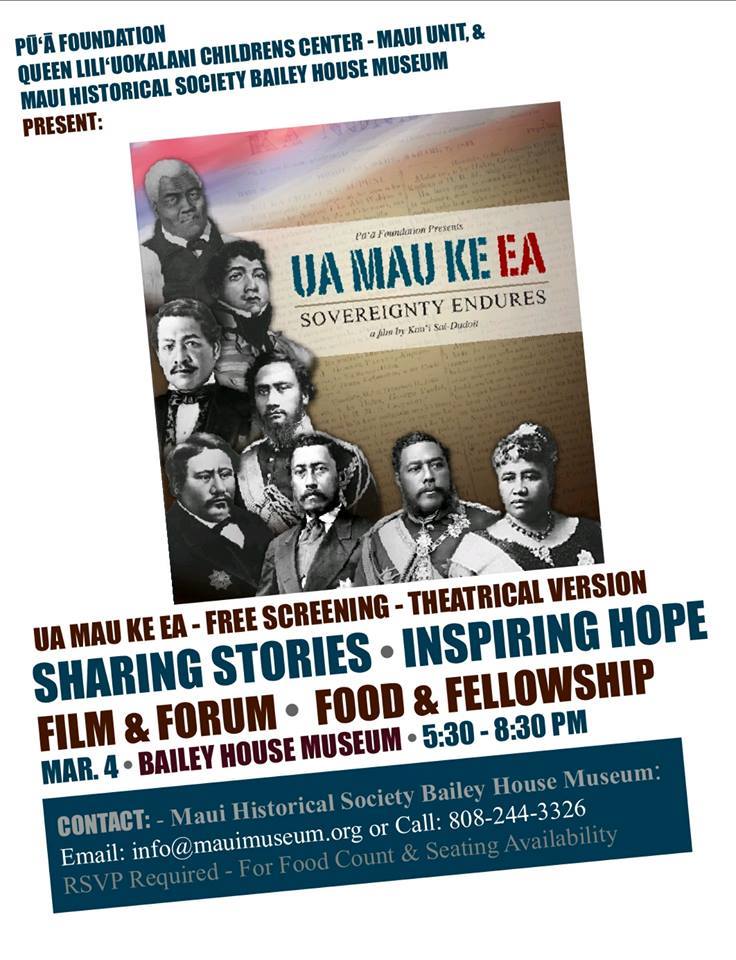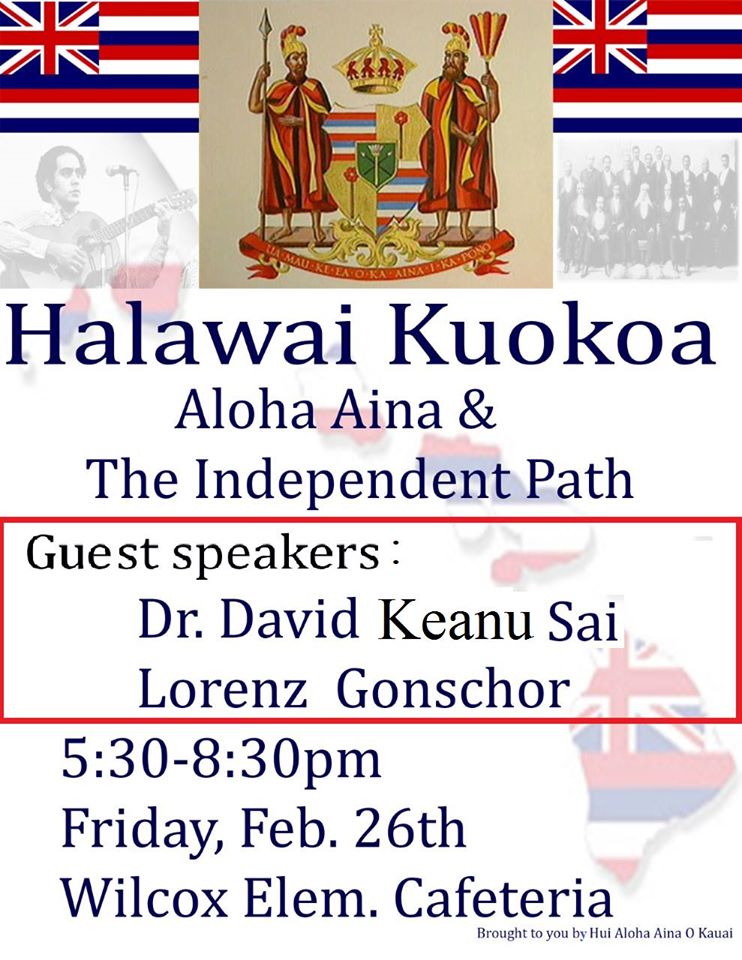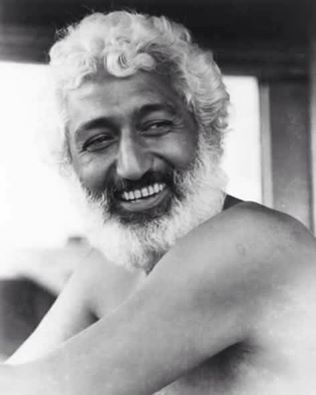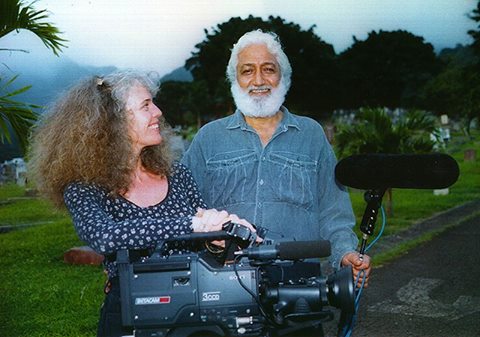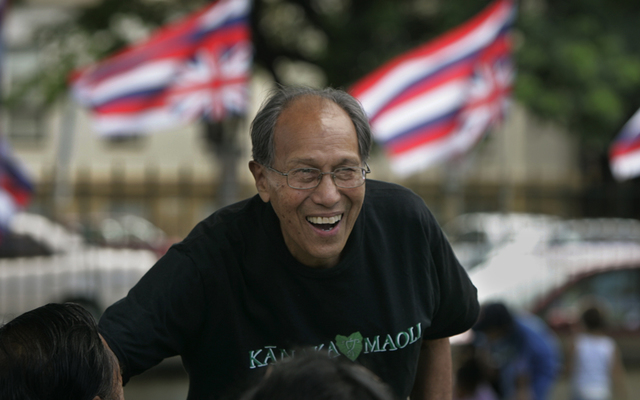FOR IMMEDIATE RELEASE
February 15, 2016
Contact: Brandon Makaawaawa — (808) 221-6906
Waimānalo, Hawai’i — After eight days of participation, Dennis Bumpy Kanahele announced today, that he is pulling out of the Na’i Aupuni process, explaining:
“That process from its Act 195 inception is a trap — a very sticky trap, to undermine the national sovereignty of the Hawaiian people. This ‘Aha is not pono.”
After two years of working tirelessly to help lay the groundwork for a Hawaiian constitutional convention, Kanahele found that the Na’i Aupuni administration was totally unorganized and had no standard educational packet to assist participants in, at least, finding a starting point to work from.
“I will not put all the work that the Nation of Hawaii has done, especially the 55 acre land base Pu’uhonua O Waimanalo and the constitution written by our kupuna in 1995, at risk of usurpation in this process.”
“There are a lot of good people in this ‘Aha, but, I fear they are being overwhelmingly misled by those in support of federal recognition. The sad thing is that, if they continue the clandestine manipulation of the process in order to suppress our national sovereignty, they will be committing a crime — a crime of genocide,” said Kanahele.
Although Kanahele is terminating his work at the ‘Aha, he will continue to spread his important message of Hawaiian National Sovereignty to the broader Hawaiian community. The Nation of Hawaii, is preparing an educational program to raise the awareness of National Sovereignty.
Just as his beloved Queen abdicated her throne under protest, so too does Kanahele relinquish his seat as an ‘Aha participant.
Press conference at 2 PM at Pu’uhonua O Waimanalo, 41-1300 Waikupanaha St
Waimanalo HI 96795
###
Hawaii News Now – KGMB and KHNL


